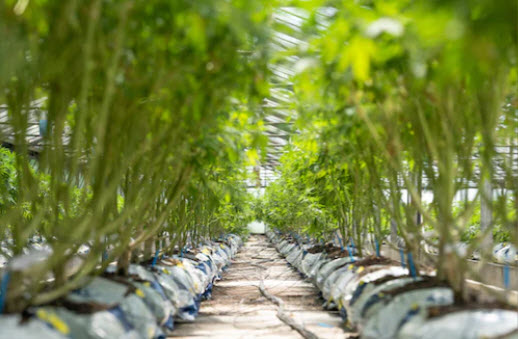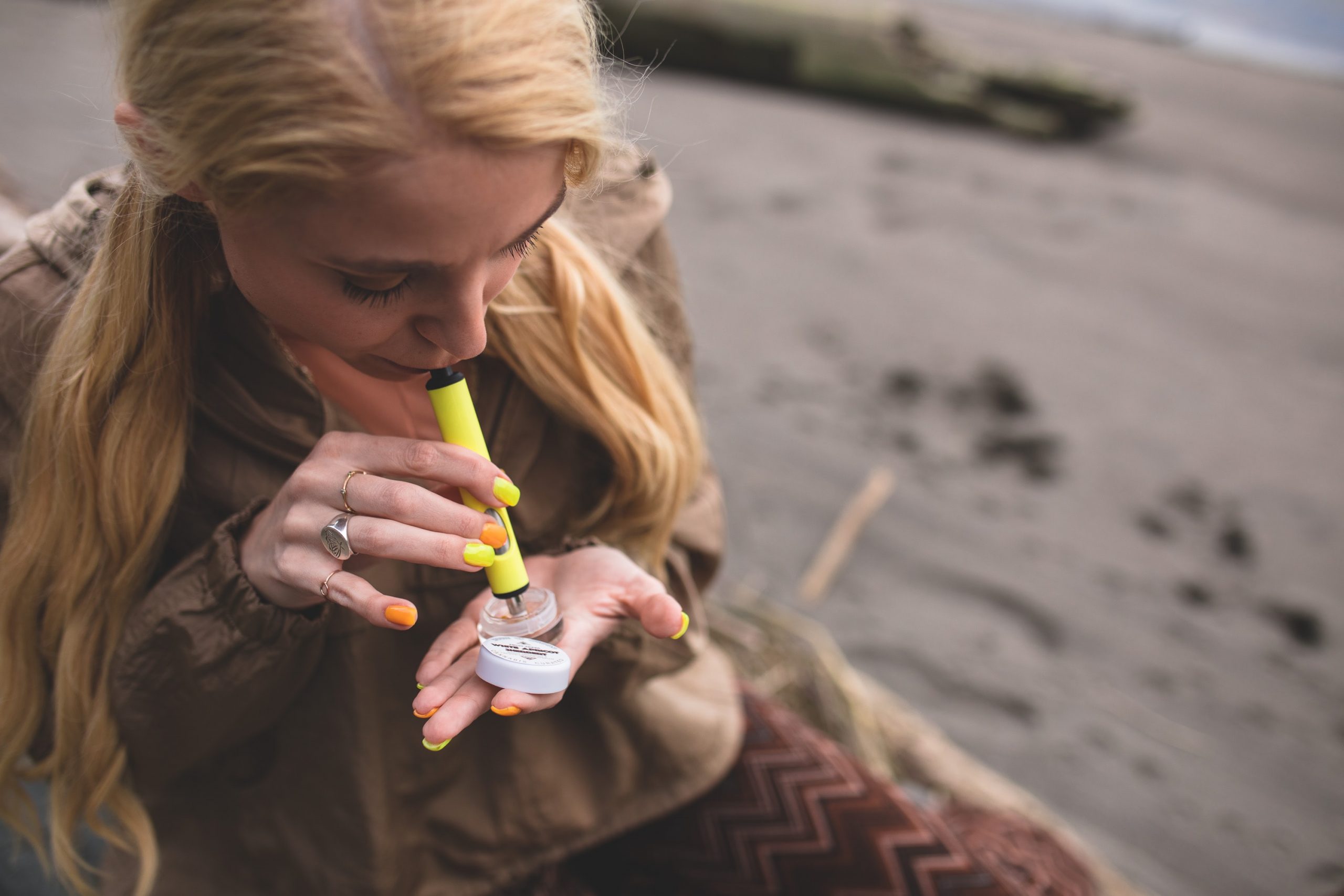The Traffic Light Coalition is currently producing both a white paper based on June’s hearings and drafting legislation that will be made public by the end of the year. But what are the biggest challenges and questions that this process creates?
The German coalition now governing the country – the so-called “Traffic Light Coalition” comprised of the centre-left SDP, the Greens, and the FDP – an economically libertarian party – are in the process of legalizing the recreational use of cannabis – and further at a federal level. This is an exciting prospect, particularly given the fact that Germany is the fourth largest economy in the world. Indeed, Germany may not only be the trigger for other European countries to take the same steps, but those a bit further afield – starting with the US.
No matter how promising the future, however, there are going to inevitably be challenges that the legislation does not necessarily address or address comprehensively. This was certainly true in Canada. It has also been the case in Germany so far, which as of 2017 embarked on federal medical reform.
Here are a few potential controversial issues:
Certification and Cross Border Trade
How higher THC cannabis will be classified (and who will track it) is still an unanswered potential quagmire. Issues about GMP certification for just the medical market are still tricky enough. Presumably, foreign grown recreational cannabis will be allowed across borders – if not from the beginning of the recreational market, then certainly as it matures, but what will the certification of the same be? Will the trade only be allowed from other European countries – and further those which have already enacted recreational reform?
Many are expecting that recreational cannabis will remain within the realm of GMP – at least initially. If this is the case, who is able to legally buy, distribute and sell it may initially be limited to those who already have pharmaceutical licenses. Where it goes from there is anybody’s guess, but it is highly likely that there will be some kind of certification process for handlers, if different and distinguished from the pharmaceutical sector.
How cannabis is redefined in the Narcotics Act may hold some clues – but then again it may not. Other countries are removing cannabis from their Narcotics Acts, but so far that question is just one of many on the German side of the border.
Dispensary Licensing and Locations
There will inevitably be a dispensary certification and registration process that will be administered on a municipal basis. The question remains, however, whether individual states will also be allowed to set different guidelines – about everything from location to fees, costs, and training. Given the track record so far of other legalizing jurisdictions (US states, Canada, and Holland), there are inevitably going to be rules about how far from schools such businesses are, as well as advertising and signage.
Further, it is also inevitable that operational guidelines, training, and certifications for such establishments will be established by an agency with federal jurisdiction. Cannabis may not be unclassified as a narcotic, or it may be slightly reclassified. Regardless, it is unlikely that both the establishments themselves and potential workers will be allowed to just begin operations without some kind of certification and training unseen in other jurisdictions.
Beyond this, the question of how many dispensaries per municipality will certainly be an issue. While it is unlikely that a lottery process will be set up (as in US states), it is unlikely that an unlimited number of licenses will be issued (much as the distribution license discussion has been managed to date). Further it is unlikely that states will set up their own bids to select operators (as has been seen in Holland, albeit on a national level).
Then there is the issue of whether municipalities (much less states) can ban dispensaries altogether. There is every indication that they might (and could) given what has occurred on the CBD front.
Then there is a much larger existential question – namely whether dispensaries will be the only outlet allowed to sell cannabis and cannabinoid products. If cannabis is treated like alcohol or cigarettes, there is no reason why such products could not end up in gas stations and grocery stores – even if under lock and key until a cashier helps customers with their selection (much like hard spirits sold in grocery stores).
One thing is almost certain. Online sales of higher THC products will not be implemented for some time to come.
What Will Be Available? And When?
What kinds of products will also be made available and how soon? This is now a question everyone in the industry is asking. Will it only be cannabis flower? Will extracts, concentrates and edibles be available slowly, and on a timetable? And further, what will the restrictions on them be?
The discussion about Novel Food is not out of the room here, at all. There are many questions about the cannabis plant that have so far haunted the CBD industry, but come recreational reform, expect this to also include anything with higher THC levels.
Beyond this, there may also be consumer guidelines (such as allowing products to have no more than a set mg per product count).
Packaging will also be an issue – particularly as it not only needs to be descriptive, but further not “attractive” to underage users.
Home grow (for Recreational Users and Patients)
So far, there are no answers about the issue of home grow. There are rumours out of Berlin that Germany will impose the strictest home grow rules in Europe (of three plants). If this turns out to be true, there are other questions to be addressed.
The first issue is a classification one. Will this limit be placed on three budding plants, or will early-stage clones and Mother Plants be counted in this? Will hemp plants be counted as equal to higher THC varieties? Will patients be able to obtain an exception and grow more? Even if they are allowed to cede their three plants to a non-profit grower collective, this does not answer bigger questions about patients who need more than the “average.” Or what happens if the collective does not harvest enough to meet patient needs.
Beyond this, the next question of course is what the punishments might be if patients are caught with more plants than the legislation allows. Given the reluctance of the German government so far to embrace domestic cultivation, this is likely to be a question settled in litigation rather than in the legislative process.
Driving (And Testing) Issues
One of the reasons the police have been so reluctant to back recreational reform is because of the driving issue. Understandably. Nobody wants to unleash stoned drivers on the Autobahn. However, legalization raises these issues.
The first problem of course, is that there needs to be reliable testing equipment distributed to those on the ground, and quickly. Further, such testing equipment needs to be able to distinguish between recent and regular use (see patients).
The second is how to amend drugged driving legislation. There will be no way to merely remove the right to drive from someone just because they consume pot recreationally, at home.
Underage Access and Family Issues
Setting the age for access will most probably end up on the conservative end (21) given all the fears (and still unanswered questions) about the impact of cannabis on the developing brain. Beyond this, however, how underage use will be treated (as a public health issue rather than a criminal one) will also need to be addressed, particularly as younger and younger patients are also being prescribed cannabis for medical purposes. Schools will also need to be educated about legitimate paediatric use.
Beyond this, there will need to be an answer for authorities to deal with parents who use cannabis – particularly recreationally. In other places, like the United States, parents have faced terrible consequences for being regular cannabis users – like having social services remove their children. These are not easy questions, nor is it easy to provide legislative answers.
Privacy
Given the fact that Germany’s data protection laws are some of the strongest in the world, there is likely to be a very interesting debate, unseen anywhere else so far, about the identification of recreational users – and to both authorities and commercial endeavours. There won’t be a “Google of cannabis” in Germany, ever, because of GDPR. How this translates into other access and transactional issues is still very much an open question, however, particularly if recreational users are required to show identification at point of purchase (even if only to prove age).
Labour Issues
The problems seen, particularly in the US, are unlikely to be seen in any part of the regulated European cannabis space. This is because reform here is coming on a federal level (like Canada) and unions are much stronger across Europe.
The Future Beckons, For Good and Bad
Ultimately, the shape of the future market here remains a guessing game – until later this year. Regardless, it is clearly an exciting time in the industry. The great German economic engine is shifting gears to incorporate cannabis. Who knows where this will take the conversation – and on both a medical and recreational level.
Stay tuned. It is only going to get more interesting.









